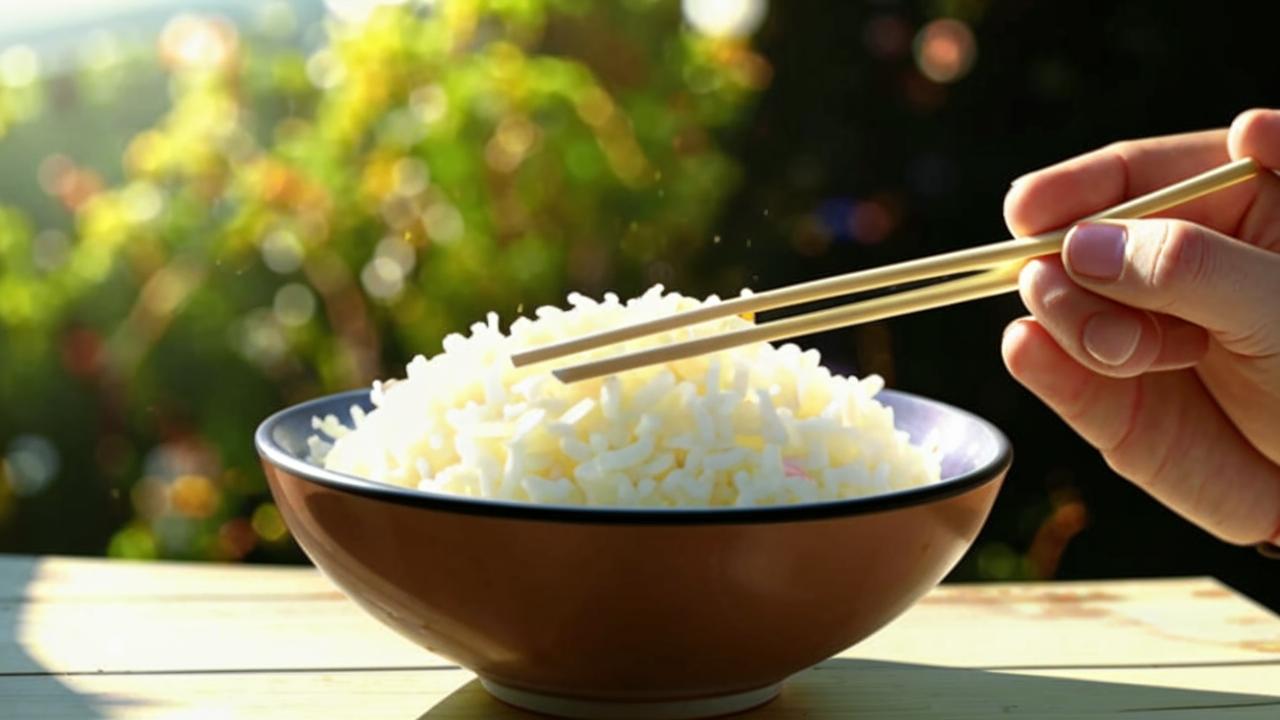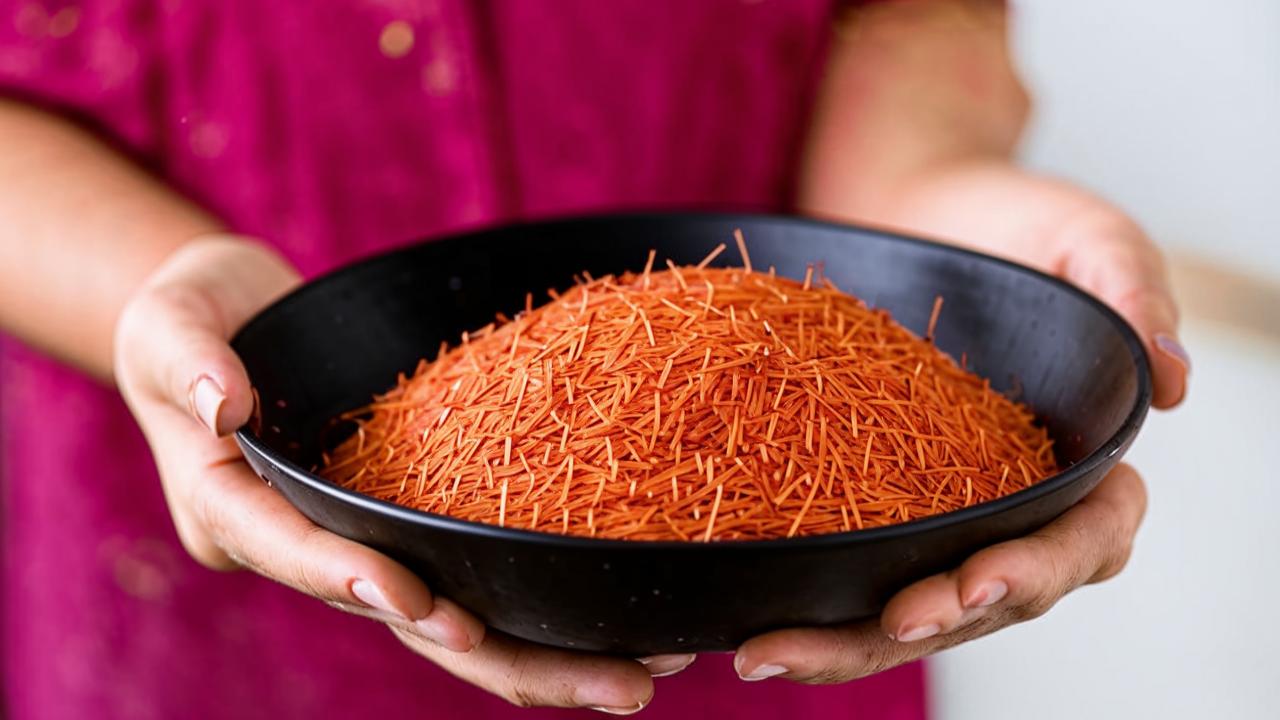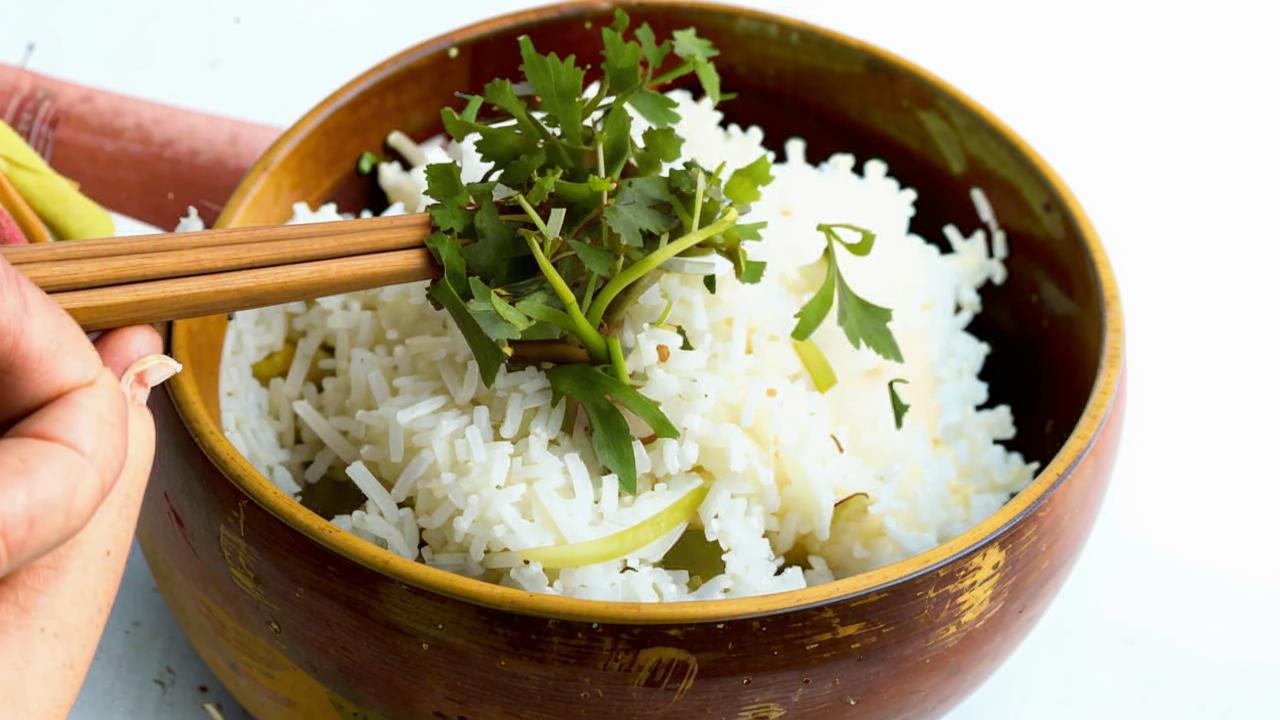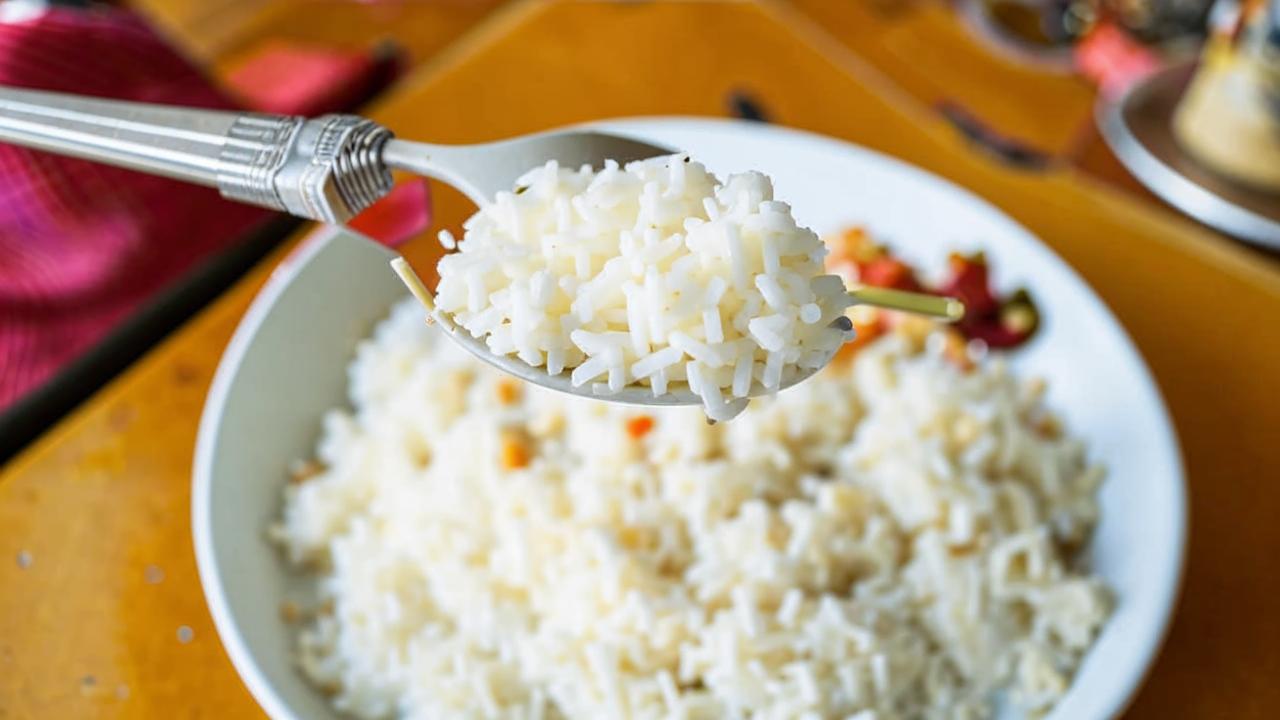لنكتشف ذلك مع الطبيب.
In 1975, the results of the experiment of the German doctor Walter Kempner, who developed a system of dietary nutrition on rice, were published. The monodiet helped 106 participants in the study to lose weight and improve their health. Before that, they had varying degrees of obesity, hypertension and kidney failure. But is the rice diet as beneficial as this experiment shows? Will extreme weight loss and the same diet harm health?

founder of the International Institute of Integrative Nutritionology
Talks about mono-diets and what consequences hidden starvation leads to.
During the diet, participants performed physical exercises. Over the 261 days of the experiment, the men lost approximately 70 kg each. The initial average weight of each participant was 160 kg. And women went from an “average” 130 kg to about 71 kg in 334 days of the experiment. Also, all participants had stabilized blood pressure, normalized triglycerides, glucose and uric acid levels.
What are the benefits of rice
Unmilled rice is a natural source of complex carbohydrates, amino acids, vitamins and trace elements. Rice contains:
- B vitamins (B1, B2, B3 and B6);
- vitamin PP;
- vitamin E;
- carotene;
- phosphorus;
- potassium;
- iron;
- zinc;
- calcium;
- manganese;
- copper;
- selenium;
- iodine.

Rice is easily digested in the gastrointestinal tract: it coats the intestinal walls, improves digestion, removes toxins, toxins and salts from the body. Rice groats are represented by many varieties: from the familiar round-grain (white rice) to “Jasmine”, black and a mixture of wild rice. The latter is saturated with folic acid, especially useful for the female body: it improves skin condition, strengthens hair and nails, maintains the hormonal background normal.
The most useful uncut rice: wild, black, brown, brown varieties. They are suitable for the diet in a balanced diet and some diets. In white polished rice is much less useful substances, it has a high glycemic index, so it is better to choose different types of uncooked rice.
What happens if you eat rice every day
In order not to harm your health, you can not stick to a rice diet for a long time, since it does not provide the body with enough calories, vitamins, fats and proteins.

Any monodiet is a lack of variety and a deficit of useful substances, that is, you actually starve with such a diet. For a week of rice monodiet you can get rid of several kilograms by reducing daily calories, but the consequences of such “slimness” can be sad.
Eating one white rice leads to health problems.
Lack of B1 in the diet. Monotonous diet based on products without thiamine (white rice, bakery products made of wheat flour) leads to a chronic deficiency of vitamin B1. This leads to a violation of metabolic processes occurring with the participation of thiamine, avitaminosis develops.
Metabolic disorders. Due to the lack of protein in the diet, vitamins are not transferred to tissues and can not enter into biochemical reactions. Against this background, muscle atrophy develops, joints weaken and bone tissue is destroyed.

Vitamin B1 deficiency, in turn, causes other unpleasant consequences:
- The activity of some enzymes decreases, due to which there is an accumulation of lactic acid in the body and, as a consequence, brain damage;
- reduces the contractility of the heart muscle, which threatens to increase the size of the heart and heart rhythm disturbance;
- weakened immunity due to protein deficiency.
Significant deficiency of the vitamin provokes the development of beri-beri disease (polyneuritis) due to poor diet and metabolic disorders. In translation from Senegalese to Russian beri-beri means “great weakness”. And in this case, a person is really weakened, experiencing dizziness and fainting.
This disease became widespread in the late XIX century in countries where the main food was white rice. The risk group nowadays includes people who traditionally eat white polished rice and those who abuse alcohol.

To diagnose vitamin B1 deficiency or beri-beri disease, it is necessary to take a blood test for the content of this vitamin. Treatment is prescribed only by a specialist. Self-medication is a direct way to worsen the state of health. Do not take risks.
What are the dangers of mono-diets and monotonous diet
Monotonous food we subconsciously perceive as unhealthy and incomplete. Nutrition should be balanced, so as not to provoke a failure of the body. If you regularly do not get the necessary substances, it leads to diseases:
- mono-diets on fruit cause a lack of protein and essential amino acids, which leads to problems with the immune, reproductive, endocrine, digestive systems;
- vegetarian diets deprive the body of well-absorbed iron, which leads to anemia (signs: weakness, dizziness, headaches, fainting).

Any unbalanced diet is a lack of essential vitamins, minerals and micronutrients, which quickly worsens the condition of skin, hair and nails.
Psychologically, rigid diets undermine emotional health. After “hungry” weeks and eating one product, thinners break down on forbidden food (sweets, fast food, bakery products) and overeat, and the lost pounds quickly return.
Another unpleasant consequence of such experiments – the development of eating disorders: compulsive overeating, bulimia, anorexia. In fact, any mono-diet is a hidden starvation, which leads to diseases, depriving the body of necessary substances, trace elements and vitamins.

Do not confuse therapeutic fasting, prescribed by a specialist, and harmful methods of weight loss and recovery. Yes, a six-month diet on rice will help you lose weight, but only because of the reduction of calories in the diet. All this time, the body will be deprived of the necessary substances for full functioning and will certainly declare its exhaustion by disease.
To get rid of excess weight, without depriving the body of useful substances and without traumatizing the psyche, will help to eat a nutritious diet.





